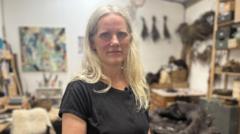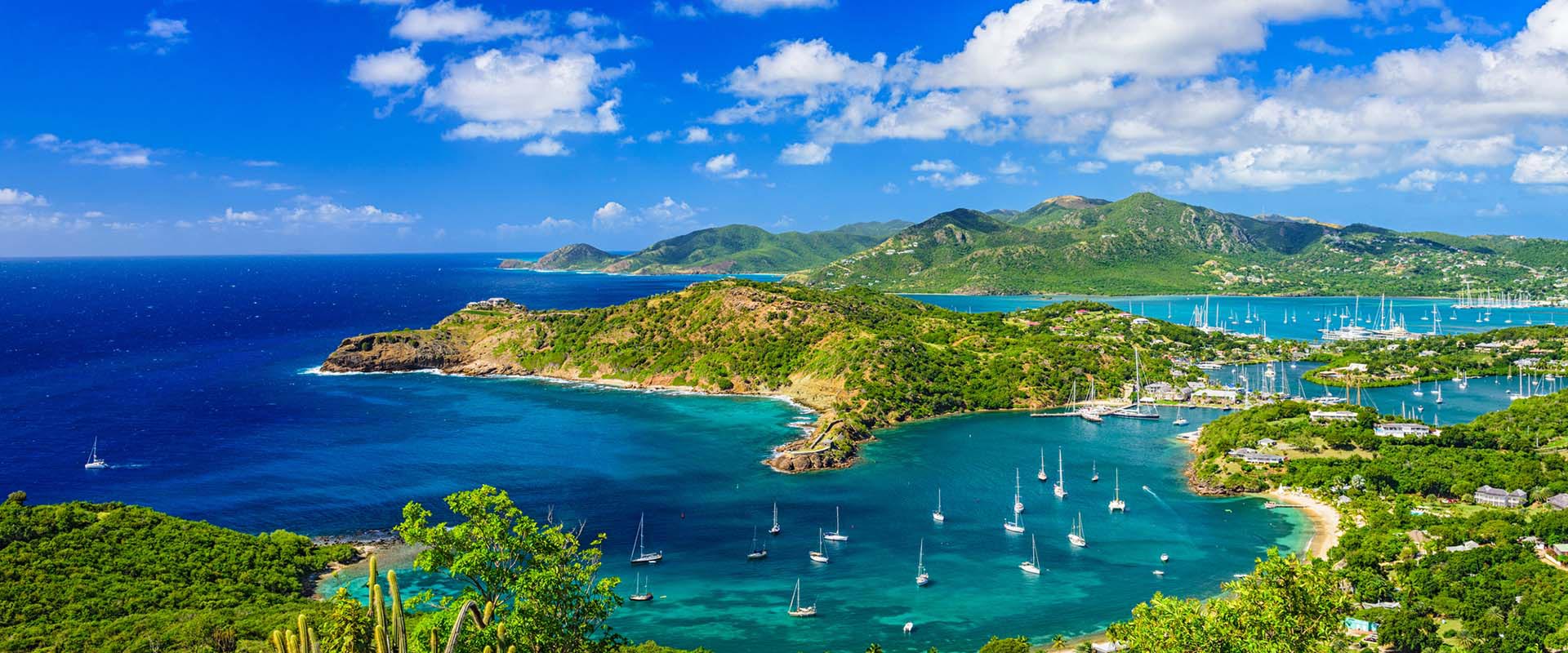Recent data from Co-op Funeralcare indicates a notable interest, with 10% of respondents favoring eco-friendly funeral options. These practices not only foster dialogue about death but also align with a reverence for nature, as seen in the rising popularity of natural burial grounds, which emphasize the use of biodegradable materials, local flora, and environmentally mindful practices.
The demand for such options is evident, according to funeral director Sarah Jones, whose eco-friendly services now account for 20% of her business. As more families seek funerals that reflect their loved ones' values and environmental concerns, there is increasing recognition of alternative approaches, despite potential higher costs and carbon footprints associated with traveling to rural burial grounds.
While the changes present challenges, advocates like Rachel pursue a vision where eco-friendly deathcare becomes normalized, offering individuals the choice to prepare their own burial shrouds well ahead of time. The shift towards sustainable funerals signifies a broader cultural engagement with death, urging society to rethink end-of-life practices in harmony with planetary health.
The demand for such options is evident, according to funeral director Sarah Jones, whose eco-friendly services now account for 20% of her business. As more families seek funerals that reflect their loved ones' values and environmental concerns, there is increasing recognition of alternative approaches, despite potential higher costs and carbon footprints associated with traveling to rural burial grounds.
While the changes present challenges, advocates like Rachel pursue a vision where eco-friendly deathcare becomes normalized, offering individuals the choice to prepare their own burial shrouds well ahead of time. The shift towards sustainable funerals signifies a broader cultural engagement with death, urging society to rethink end-of-life practices in harmony with planetary health.




















